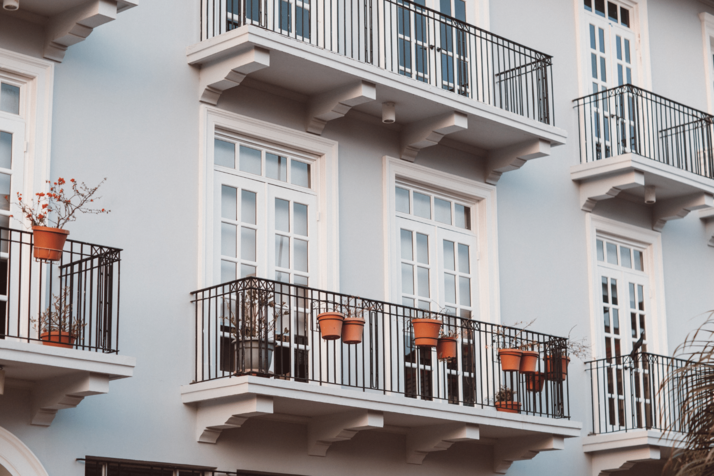How to prepare for visiting the accommodation
To give you every chance of success, check that you have all the documents you need for your application. This will ensure that you have a complete file to give to the landlord at the end of your visit.
A "complete" file?
The documents you will usually be asked for
- French or foreign identity document
- Proof of address: in general the last 3 rental payments or property tax notices (check with your parents if you have been living with them)
- Student card or education certificate
- Internship or employment contract if you have a student job
- Your last 3 payslips if applicable
- Notice of allocation - even conditional - of a social criteria grant
- Housing aid calculator
The documents your guarantor will usually be asked for
- French or foreign identity document
- Proof of address
- Employment contract
- Last 3 payslips OR last 3 statements of pension payments
- Last or penultimate tax statement
These are the documents the landlord is most likely to ask for.
What should you check during the visit?
Your priority is to check that the accommodation is in a good condition and that everything is working properly.
Check in all the right places, test the equipment and don't hesitate to ask questions!
- Damp: be careful of mould or moisture near the windows, in the corners, on the walls, in particular in the kitchen and bathroom.
- Insulation: open / close doors and windows. Is there double glazing to keep out noise and keep in warmth? Does air get into all the corners?
- Equipment: turn on the radiators, test the taps (warm / cold water) and test the electric power points.
If you can, we also recommend checking some additional points.
- What was the previous tenant's average electricity or gas bill?
- Is the area noisy? Does it suit you? Take a tour of the district and check the common parts of the building carefully.
- How good is the Internet speed in the area? Do a speed test and/or contact your Internet Service Provider.
- What's public transport like in the area? Think about trying out the journey during the week to see how long it will take.
- What facilities are available near the accommodation, preferably within walking distance? (Shops, medical clinics, pharmacy, Post Office, etc.).
What you should know (and check) before signing the lease
You like the accommodation and your application has been accepted. Before signing the lease, make a few checks.
The rental agreement must state:
- The name and address of the landlord and the name of the tenant or tenants
- The date on which the lease begins and its term
- The words "residential lease"
- The description of the accommodation (house, apartment, number of rooms, habitable surface area, etc.) and its equipment
- The type and amount of works carried out in the accommodation since the last rental agreement
- The rent amount and payment terms
- The amount of the last rental payment made by the previous tenant
- The guarantee deposit amount
And in Paris only:
- The reference rent amount
- The rent supplement amount
An inventory of the accommodation must be made
This means a description of the condition of the accommodation and its equipment when you take possession.
Tip: if you notice a defect that you did not see when drawing up the inventory, you have 10 days to ask the landlord to complete the document.
- Find out more about the inventory (in french)
The landlord must give you a number of documents
- A technical diagnosis report : Energy performance, lead exposure risk report, natural, technological and mining risks report
- An incoming inventory
- List of equipment for access to information and communication technologies (cable, TNT, fibre, etc.)
- If it is a co-owned property: a copy of the regulations
- An internal electricity installation report
- An internal gas installation report
- A notice informing you of your rights and obligations
Letting agency fees are regulated
If you have used a letting agency to find your accommodation, you may be asked to pay extra fees.
For which services?
- Visiting the accommodation
- Compiling the application
- Drafting the lease
- The inventory
That's all. You cannot, for example, be asked for a cheque to reserve the accommodation.
What housing aid is available to you?
- Find out more about housing aid HERE
Are you looking for accommodation?
- Find out more about accommodation HERE


